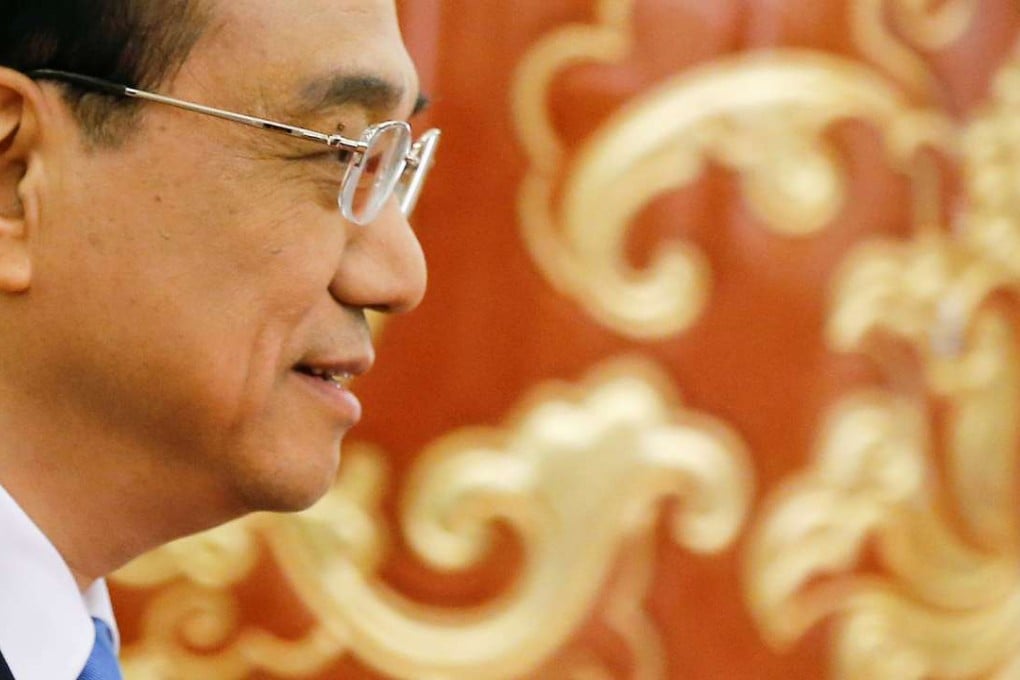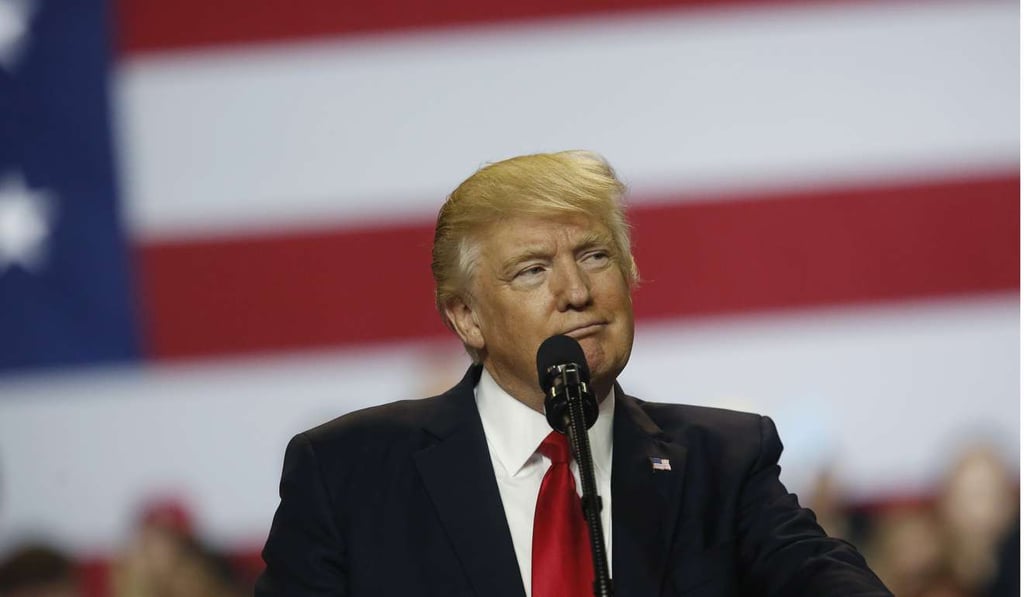Global leadership remains beyond China’s grasp – for now
Yong Deng says its rise has given it a powerful voice on the international stage, but it may not yet be strong enough to offer a good alternative to the faltering liberal order

China must defend globalisation with deeds and not just words
The post-war liberal order has been in serious trouble since the 2008 financial crisis, which weakened Western economies and undermined global governance bodies and regulatory institutions. According to International Monetary Fund managing director Christine Lagarde, emerging economies accounted for over 80 per cent of global growth in the aftermath of the crisis, and now contribute 60 per cent of global gross domestic product.
China is now less constrained by the status quo, and more intent on changing it
Meanwhile, emerging powers, particularly China and Russia, have further undermined key liberal institutions and values. Russia’s 2014 annexation of Crimea and intervention in Syria have challenged principles of humanitarian interventionism, such as the responsibility to protect; and a rising China is confronting the West’s supremacy, in terms of hard and soft power, in the post-war global order.
The US has responded to these developments by trying to create a liberal order 2.0, and by pursuing a strategic pivot to salvage the status quo in Asia. Many observers have focused on America’s goal of preventing Chinese regional dominance. But the US also wants to defend and strengthen the principles that made post-war Asia’s success possible – what former US assistant secretary of state Kurt Campbell calls Asia’s “operating system”.

America’s interest in maintaining the liberal world order stems from its role as what political scientists call a “responsible fiduciary” and “privilege taker” in that system. But Trump sees US hegemony as a burden, and seems oblivious to the privileges that it affords, not least the many benefits associated with controlling the world’s main reserve currency. But, at the same time, Trump does not want to cede America’s global pre-eminence, which means that he could show a penchant for trade wars, or even military conflicts.
After the 2008 financial crisis, the Chinese suddenly discovered that the ‘international track’ was in trouble